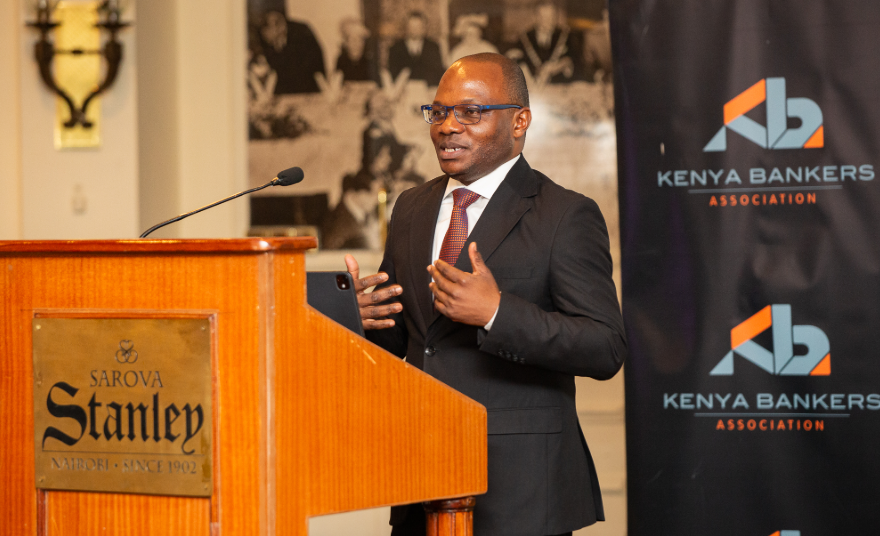KBA sounds alarm on waning savings culture
By Noel Wandera, December 5, 2024The Kenya Bankers Association (KBA) has raised the red flag over Kenya’s poor savings culture, warning of its negative impact on economic growth and resilience.
Only 68 per cent of the bankable population is saving, down from 74 per cent in 2021, raising concerns about financial stability and the ability to cope with economic shocks.
Savings are crucial for fostering investments and ensuring businesses have access to capital. Raimond Molenje, acting CEO of KBA, said that the low savings rate reflects deeper systemic issues that need addressing.
He warned that dependency on credit and fewer investment opportunities could harm the economy. “It shows that there is something wrong in our ecosystem that needs to be corrected,” he said, stressing the urgency of promoting a savings culture.
A robust savings culture could enable more initiatives like these, fostering resilience and economic stability. By improving savings rates, individuals and businesses can reduce dependency on credit and create sustainable financial growth. These examples underscore the importance of addressing Kenya’s savings challenge to unlock its economic potential.
Molenje who spoke during the launch of Guaranty Trust Bank’s (GTBank) GTMazao financial facility, aimed at empowering Micro, Small, and Medium Enterprises (MSMEs), said KBA has commitment to allocate “Sh150 billion annually over the next three years to support MSMEs,” which often struggle to access financing as banks prioritize government bonds.
MSMEs have also benefited from other initiatives. The World Bank allocated $100 million (Sh14.47 billion) through its Supporting Access to Finance and Enterprise Recovery (SAFER) project, providing liquidity and technical assistance to businesses affected by the Covid-19 pandemic.
Capacity building for MSMEs
Over the past five years, KBA’s Inuka Enterprise Program has disbursed over Sh5.5 billion to MSMEs, helping more than 7,000 businesses secure loans by focusing on capacity building and formalization.
MSMEs are vital to Kenya’s economy, contributing about 33 per cent of the Gross Domestic Product (GDP) and providing 80 per cent of total employment. They are instrumental in job creation and economic stability, offering livelihoods to millions of Kenyans. Supporting MSMEs with increased funding and credit access is critical to stimulating economic growth and expanding job opportunities.
Molenje emphasized the importance of creating a supportive environment for businesses and individuals. He praised GTBank for its proactive approach, describing the GTMazao facility as a step toward addressing financial challenges. “GTMazao comes in as a very bright side, providing a bridge to help us get back on track,” he said.
Jubril Adenji, GTBank’s Managing Director, highlighted the facility’s role in unlocking the potential of MSMEs. “This innovative new product from GTBank Kenya is designed with flexibility and scale in mind,” he said.
More Articles

